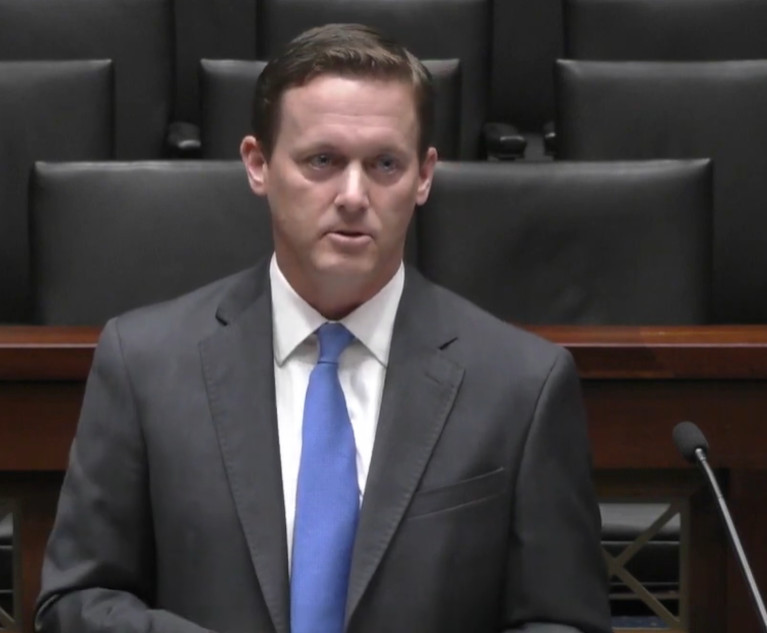With the adoption of the Texas Arbitration Act, the last half-century has been marked by a steady increase in courts’ willingness to, and even preference for, enforcing arbitration provisions. See Yvette Ostolaza’s “Overview of Arbitration Clauses in Consumer Financial Services Contracts,” 40 Tex. Tech. L. Rev. 37, 41-43 (2007). Indeed, courts generally only refuse to enforce an arbitration agreement on three principal grounds: (1) the parties have not contractually agreed to arbitrate; G.T. Leach Builders v. Sapphire V.P., 458 S.W.3d 502, 524 (Tex. 2015); Archer & White Sales v. Henry Schein, 878 F.3d 488, 492 (5th Cir. 2017); (2) the dispute is not within the scope of the arbitration provision; Ellis v. Schlimmer, 337 S.W.3d 860, 862 (Tex. 2011); or (3) some state law defense, such as fraudulent inducement, applies specifically to the arbitration provision. Young v. Valt.X Holdings, 336 S.W.3d 258, 262 (Tex. App.—Austin 2010, pet. dism’d). Over the last few years, however, the first requirement—i.e., whether the parties actually agreed to arbitrate—has come into doubt.
In a series of cases, courts have been willing to enforce an arbitration provision by or against a party who never explicitly agreed to them. This article summarizes that trend, the rationales by which courts have enforced arbitration provisions against nonsignatories, and potential avenues to protect yourself from unagreed to arbitration


 Craig Duewall (shareholder) and Alan W. Hersh (associate) of Greenberg Traurig. (Courtesy photo)
Craig Duewall (shareholder) and Alan W. Hersh (associate) of Greenberg Traurig. (Courtesy photo)




